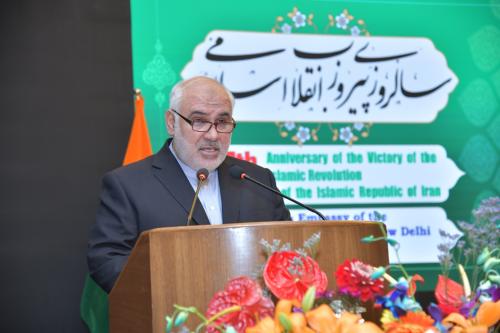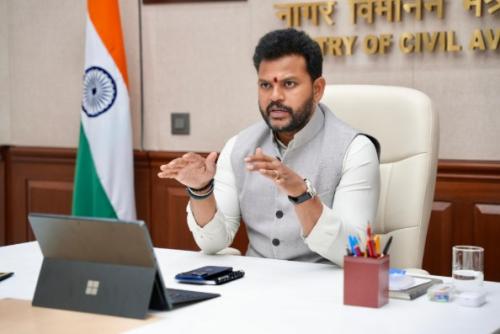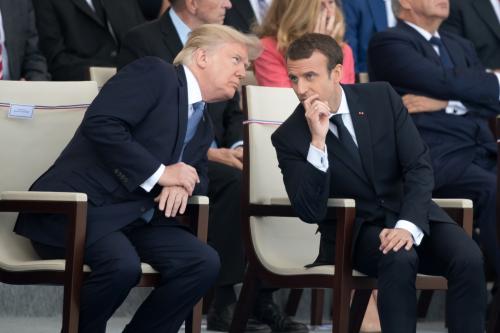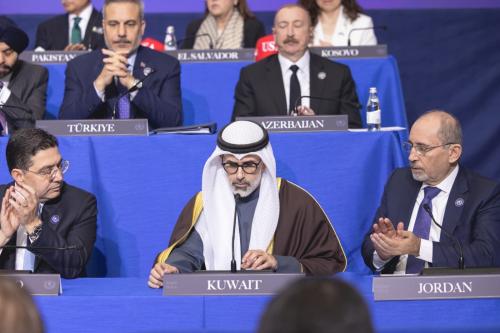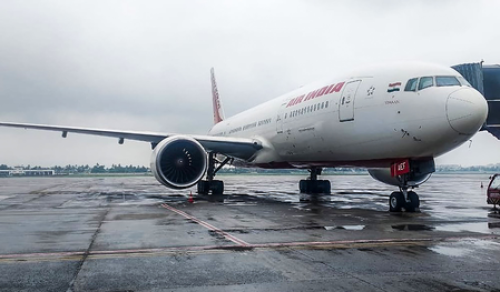Ahmedabad/Gujarat: Prime Minister Narendra Modi led the Bharatiya Janata Party (BJP) to its sixth straight victory in Gujarat with an increased vote share (compared to the 2012 election), although the Congress, under its new president Rahul Gandhi, won the most seats it has in the state since 1985. The BJP won 99 seats in the 182-member assembly, giving it a clear simple majority, and the Congress 77. “Development is Gujarat’s mantra, not division or dynasty,” Modi said in a speech to party workers on Monday evening in New Delhi. He termed the victory “extraordinary”. It was also extraordinarily close. According to a Hindustan Times analysis, the number of votes cast for None of The Above (NOTA) in 30 constituencies was higher than the winning margin in the constituencies. The BJP won 15 of these and the Congress 13. With initial trends showing an extremely close finish, Sensex, the benchmark index of BSE, opened lower and traded around 850 points down from Friday’s close before it became clear that the BJP would win Gujarat. The index closed 138 points up. The victory was also the BJP’s narrowest in terms of vote share since it came to power in 1995. Its vote share was 49.1%, compared to the Congress’s 41.4%. In 2002 and 2007, the BJP won more of the votes cast, 49.85% and 49.12% respectively, but they translated into more seats, 127 and 117. Ahead of the elections, the perception was that the BJP would be hurt by the coalition the Congress had built: with Patidars, who wanted reservations in jobs and colleges; other backward classes; and Dalits. There was also a belief that small businessmen in the state’s business belt, traditionally BJP voters, would desert the party because they had been hit by demonetisation and the implementation of the Goods and Services Tax. Finally, it was expected that the agrarian crisis in the state, largely the result of falling prices of cash crops (cotton and groundnut), would hurt the party. As it turned out, only the last seemed to actually play out in the results, with the BJP winning only 19 of 48 seats in the Saurashtra region, where the agrarian crisis is most acute. The Congress won 28 seats here. In 2012, the BJP had won 30 of these seats and the Congress 15. “One of the main reasons for the crisis in Gujarat’s agriculture, particularly Saurashtra, is that the terms of trade have moved decisively against agriculture in the past four years. This is a summary measure of farm incomes. Prices have crashed for a slew of cash crops like groundnut and even cotton,” said economist YK Alagh. If the BJP still won, it was because of its hold over urban constituencies. It won 46 of the 56 urban constituencies in the state. That meant that it won only 53 of the 126 rural ones, low even for a party that has traditionally fared better in urban areas. Experts also attributed the BJP win to Modi, who, like the Congress’s Gandhi, crisscrossed the state. Towards the peak of his campaign, between the first and the second phases, he lashed out at the Congress, turning to his advantage Congress leader Mani Shankar Aiyar’s reference to him as “neech” (lowly); another Congress leader Kapil Sibal’s appearance for a litigant in the Ram Janmabhoomi case in the Supreme Court and plea that the court hear the case only after the 2019 election; and an informal meeting at Aiyar’s house involving Pakistan’s former foreign minister, its high commissioner to India, the former prime minister of India Manmohan Singh, the former vice president of India Hamid Ansari, and several former diplomats. On December 18, after the results were announced, Modi returned to his development narrative. “The BJP’s win has shown that people are ready for reforms and will embrace good performance,” he said. That should please investors and business people concerned that its Gujarat performance could encourage the BJP to turn populist ahead of elections in key states next year. The Congress, meanwhile, seemed energised by its performance with party leader Ashok Gehlot, who was in charge of the campaign in Gujarat, terming it a “moral victory”. “Our cadre is enthused and leadership is emboldened. We will take the BJP head-on with a renewed vigour,” Congress spokesman Randeep Surjewala said. Trinamool Congress leader and West Bengal chief minister Mamata Banerjee termed the election results a “moral defeat” for the BJP. In a tweet, she suggested that the Gujarat elections could show the way to tackle the BJP in the 2019 parliamentary elections. “Gujarat belled the cat for 2019,” she said.
BJP wins Gujarat for the sixth time as Narendra Modi works his ‘vikas’ magic
- by Rinku
- December 19, 2017 2 minutes
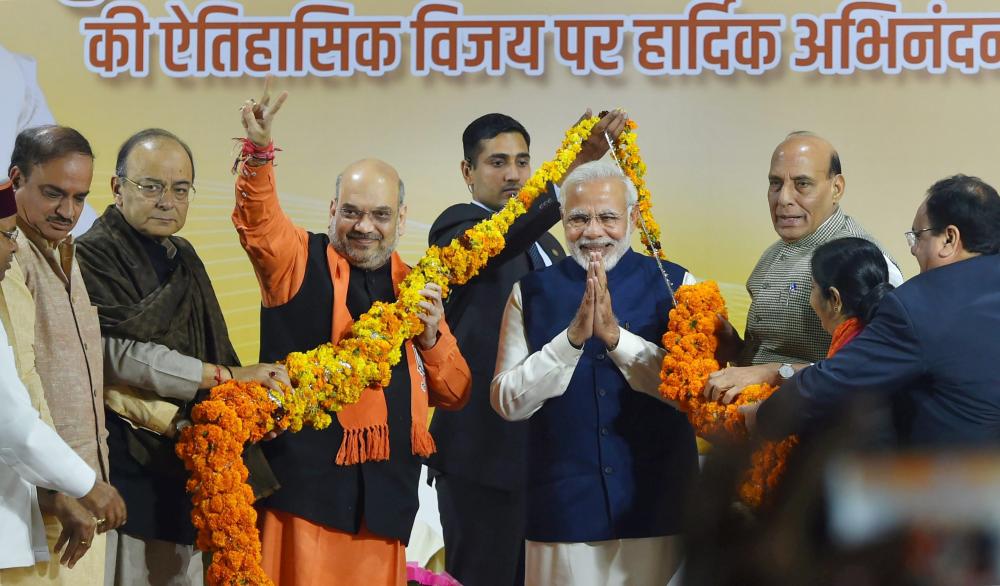
Gujarat win 1
Nearly 13% dip in number of Indians visiting US
December 19, 2017




